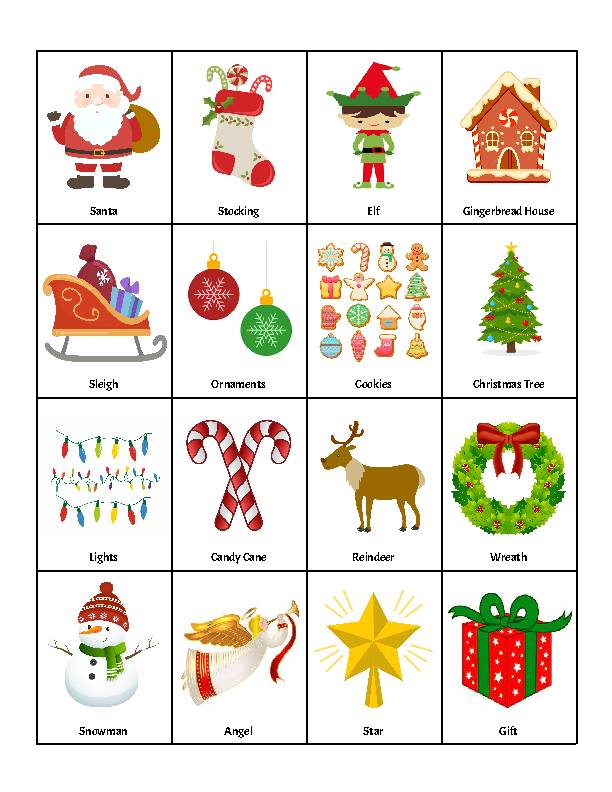Reading is hard. It takes a lot of focus and concentration to decode words, let alone understand them.
Reading is hard. It takes a lot of focus and concentration to decode words, let alone understand them.
This is why learning how to read is not something that happens overnight. It takes time.
Similarly, some kids are better readers than others, and understanding why this is important for helping them learn. This article will explore what age kids learn to read and what factors may impact their ability.

Like with walking, talking, and potty training, there are some common trends regarding when children begin to develop reading skills. Here is the typical pace for when a child should learn to read:
However, it’s worth noting that no two children are the same, and everyone’s timeline is different. For example, some children may be reading fluently by age 6 or 7, while others might be 8 or 9 before they can do the same. While most kids are reading at a high level by age 10, some may go beyond that and reach college-level reading skills by the time they are in high school. We are all different, and as long as we progress, that matters the most.
Reading is a complex skill that requires patience and dedication to be mastered. But there are certain things that parents can do to help. One of the best ways for kids to learn how to read is by getting started as soon as possible. You should read to your children from a young age – even if they can’t understand the words on the page yet, they should be able to follow the pictures and digest the story.
Once your children are a bit older, you should encourage them to read independently – the books don’t have to include many words. Plus, if they see you reading books and magazines in your spare time, they are likelier to imitate this behavior. This ensures they understand that reading can be fun as well as educational. Research suggests that when it comes time for them to begin formal instruction in school, children exposed to reading at home are more likely to have an easier time with their lessons than those who did not have such opportunities.
By asking your child questions about the books they’re reading, you can also help them to develop their comprehension skills, which will only improve as their reading ability develops. Similarly, making reading fun by playing reading games as a family is a fantastic way to get them excited about it.
You can help a child become an even better reader by:
Reading ability depends on many factors, including genetics and the environment they grow up in. A child may have an easier time learning to read if their parents are good readers, simply due to their natural ability to do so.
Reading ability also depends on how early a child is exposed to reading and writing. Studies suggest that children who start learning to read earlier become better readers than those who start later. This shows how important it is for parents to encourage reading at home.
Despite all of the above, children who struggle with reading may have a condition like dyslexia. In these cases, they may require more support with their reading than other children.
Finally, the amount of reading time can also affect a child’s skill level. Children who read more books are more likely to develop strong literacy skills. In addition, being spoken to by others grammatically correctly helps young children learn language skills such as vocabulary knowledge and sentence structure early on — which are essential for reading comprehension later on in life.
If you’re looking for more information on how to teach your kids to read, visit our blog, where you can find more related articles.